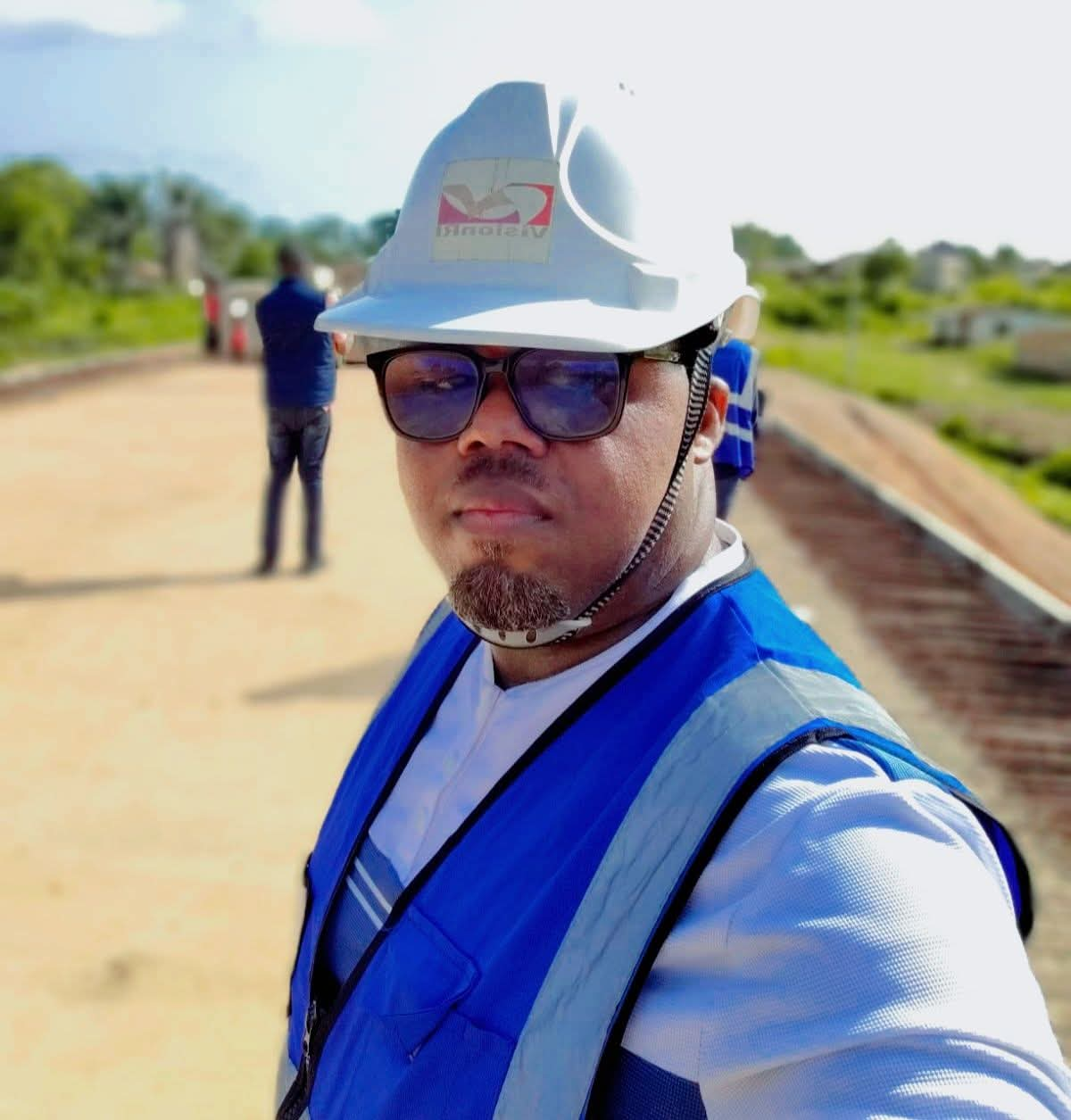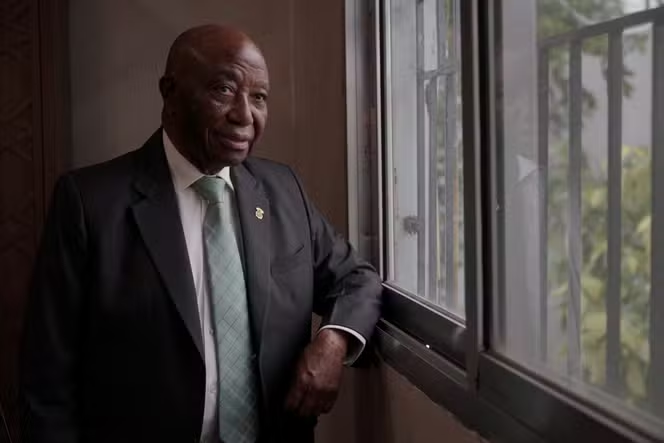Dear H.E Joseph Nyuma Boakai Sr. President of the Republic of Liberia and commander in Chief of the Arm Forces of Liberia: Liberia needs to upgrade her diplomatic approaches towards Western & Asian Loans & Grants in support of the ‘Liberia National Development Agenda (LNDA)’:
- Infrastructure Grants & Loans must be fully implemented by the Human Capacity & Material Resources of the Government of Liberia through a decentralized structure of the Ministry of Public Works-Republic of Liberia. Currently, the MPW has a Decentralized Organogram that has replicated the function of the Ministry in each county where, the Resident Engineer (RE) is the head of infrastructural activities in each County. Over the years, the Ministry has built the Capacity of Engineers at the Ministry of Public Works in the following categories:
- Civil Engineering
- Structural Engineering
- Geotechnical Engineering
- Transportation Engineering
- Environmental Engineering
- Construction Engineering
- Material Engineering
- Surveying Engineering
- Water Resources Engineering
- Pavement Engineering
With these levels of Capacity Development and the needed construction equipment, the Republic of Liberia can build her own roads durably with value for money than the current international Consultancies in our road sector.
Here are some economic prospective of foreign Contractors and Consultancies in the Liberia Road Sector:
International contractors and consultants operating in Liberia’s road sector can have both positive and negative impacts on the local economy. On one hand, they can bring much needed expertise which we already have built, technology, and investment to improve infrastructure and boost economic development. They can also create job opportunities for local workers and stimulate economic activity in the region.
However, there are also concerns about the level of capital flight associated with these projects. Capital flight refers to the outflow of financial resources from a country, often through illicit means such as transfer pricing, tax evasion, or corruption. International contractors and consultants may engage in practices that siphon profits out of the country, depriving the local economy of much needed revenue.
This can have a detrimental effect on the economy of the host country, as it reduces the resources available for public services, infrastructure development, and poverty reduction efforts. It can also lead to increased inequality and hinder sustainable economic growth.
To address this issue, it is important for African governments to strengthen their regulatory frameworks and oversight mechanisms to prevent illicit financial flows and ensure that international contractors and consultants operate ethically and transparently. This can help maximize the positive impacts of foreign investment in the road sector while minimizing the negative effects of capital flight on the local economy.
I am aware of the GoL struggle to establish the Road Authority with the goal of attracting huge foreign direct investment. As we are aware that The function of the road authority is to plan, develop, maintain, and regulate the road network within a specific region or country. This includes constructing new roads, repairing existing ones, implementing safety measures, and ensuring that road users follow traffic rules and regulations.
Additionally, International donors may prefer to work with the road authority rather than the government infrastructural ministry for several reasons:
- Efficiency: Road authorities are often more focused and specialized in road-related projects, leading to more efficient planning and execution of infrastructure projects.
- Accountability: Road authorities are usually more transparent and accountable for the funds they receive from donors, ensuring that the money is used effectively and efficiently.
- Expertise: Road authorities typically have specialized knowledge and expertise in road construction and maintenance, making them better equipped to handle projects than a general infrastructure ministry.
- Flexibility: Road authorities are often more flexible and responsive to the needs of donors and can adapt quickly to changing circumstances, which is crucial for successful implementation of infrastructure projects.
- Impact: Working with road authorities can lead to more tangible and visible results, such as improved road networks and reduced travel times, which can have a significant impact on the overall development of a region or country.
In conclusion, the government of Liberia needs to adapt to a more pragmatic approach in infrastructure development of Liberia than it is right now. The one that will ensure more local participation key positions for knowledge transfer in the short run while ensuring that in the long run, we can begin to construct our own roads more durably with limited cost and economic returns can be felt by the local economy in project areas.

Sekou Soko Kamara
MS.c Economics
Renmin University of China in Beijing
M&E Specialist
AfDB – MRU Programme
Ministry of Public Works – Liberia
Cell# +231886740545
Email: bookskamara84@yahoo.com


